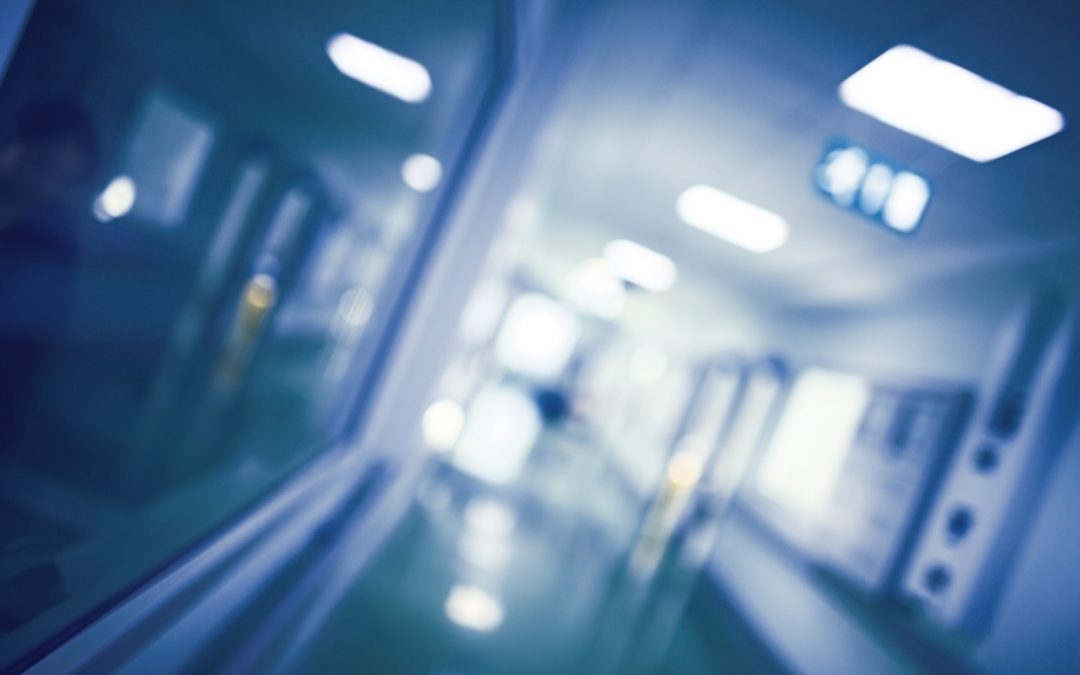Health care systems rely on shift workers to ensure continuity of care in hospitals and residential facilities. Shift work is any work schedule that conflicts with the typical day-night cycle, and can include evenings, nights, rotating shifts, and split shifts. For vulnerable mental health patients, around-the-clock supervision, quality care, and night shift compliance are critical to their treatment plan.
But while shift work is part of the daily routine for many psychiatric health care workers, the nature of the night shift — and the environment in which it takes place — can make it difficult for staff to maintain compliance with regulations and policies designed to ensure patient safety. This may impact their own physical and mental health in ways that can further jeopardize the quality of care they provide.
Effects of the Night Shift on the Health and Performance of Nursing Staff
The range of effects that shift work can have on workers’ mental and physical well-being include social isolation, increased risk of serious health conditions, poor mental health, and shift work disorder — a circadian rhythm sleep disorder that occurs when an individual’s biological clock is out of sync with the external environment.
The impact of disrupted circadian rhythms, including impaired cognitive function and slower reaction times, can have profound implications. In fact, it may negatively affect a worker’s ability to manage patient safety which may lead to an increased risk of adverse events.
A Lack of Support for Night Shift Nurses
For psychiatric nursing staff already feeling stretched too thin, a lack of support during night shifts can be further detrimental to their ability to cope with stressors at work. Because most nurses prefer day shifts, the nurses on the night shift often have less seniority — and, therefore, less experience — than their daytime counterparts, leaving them with fewer experienced colleagues to assist them when things go wrong.
Restricted staffing at night can also result in less support from interdisciplinary resources, including supervisory staff or attending physicians who would typically provide guidance and fill urgent prescription orders. This lack of support, combined with the negative health and cognitive effects associated with shift work, can result in job dissatisfaction, high staff turnover rates, and a working environment that puts the safety of both night shift workers and their patients at risk.

Night Shift’s Unique Safety Challenges and Compliance Issues
Numerous studies have established an association between psychiatric night shift work and poor patient outcomes resulting from incomplete or abbreviated paperwork, medication errors at change-of-shift handoffs, and inadequate communication, particularly during rapid admissions from emergency departments.
Additionally, overnight observation of patient rooms and other areas may be hampered by darkness and nursing staff’s reluctance to disturb patients’ rest and can lead to increased risk of patient suicide, self-harm, and elopement. To meet these challenges, it’s imperative that health care facilities go further in their efforts to offset the hazards and additional stressors associated with night shift work.
Preventative compliance practices are not only vital to helping health care staff mitigate risk and ensure a smooth flow of patient care, but they also promote operational efficiencies that can reduce the need for additional night shift staff and give nurses more time for direct patient assistance.
RELATED: Psychiatric Room Design for Patient Safety
Creating a Culture of Compliance
ObservSMART technology helps mental health care providers shift from reactive measures to a culture of compliance. This empowers staff to provide optimal care in a safer, more efficient environment — while relieving the burden of stress related to adequate rounding.

ObservSMART directly supports night shift staff by providing a digital solution for documenting and validating required patient observations which leads to significant time and workflow efficiencies. With programmable night-time and day-time proximity settings, leadership has the assurance that patients are being appropriately monitored at all hours.
In addition, the simultaneous multiple-unit monitoring and notifications for proactive escalation of potential issues helps to mitigate risk in real-time and increase communication. When staff have the tools they need to complete daily responsibilities within patient care, it improves patient safety and ensures that compliance metrics can be met. Contact us to learn more about how we can support your health care workers or to schedule a demo.

